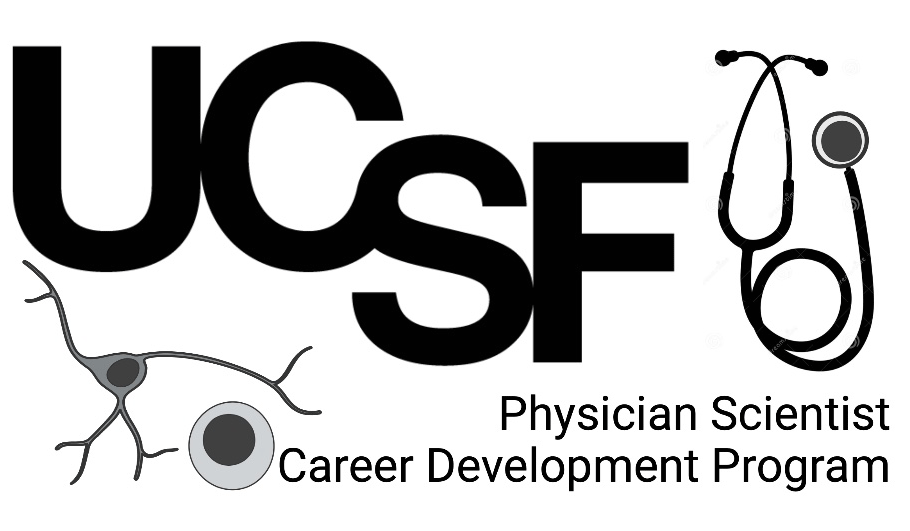
Dr. Piao is a physician-scientist with a focus in both neonatology and developmental neuroscience. She received her PhD with Alan Bernstein from University of Toronto, before completing her Pediatric residency at NYU and Neonatology fellowship as well as a post-doctoral fellowship with Chris Walsh at Harvard Medical School. Working in neonatal intensive care unit and laboratory, Dr. Piao’s career follows the bedside-to-bench-to-bedside paradigm. Her research began by characterizing an autosomal recessive human brain malformation that she and her mentor Chris Walsh termed bilateral frontoparietal polymicrogyria (BFPP). Together, they discovered that germline loss-of-function mutations in the adhesion G-protein-coupled receptor (aGPCR) GPR56, also called ADGRG1, cause BFPP. Over time, this discovery transformed our understanding of polymicrogyria and yielded a molecular diagnostic. Following the thread of GPR56 biology also led to a vigorous bench research program. Dr. Piao’s research team has steadily uncovered a remarkable diversity of cell type- and ligand-specific functions of GPR56 during various stages of brain development and homeostasis, including cortical patterning, central nervous system myelin formation and repair, and synaptic refinement. In doing so, Dr. Piao undertook a pioneering role in deorphanizing aGPCRs and revealing mechanisms underlying aGPCR-mediated cell-cell and cell-matrix interactions. This basic science also provides foundational knowledge for drug discoveries in targeting aGPCRs, the second largest human GPCR family. In January 2019, Dr. Piao was recruited from Harvard Medical School / Boston Children's Hospital to UCSF to direct the Newborn Brain Research Institute and assume the Benioff Professorship in Children’s Health. In her new role, Dr. Piao has built a collaborative and cohesive team that broadly addresses how early insults, such as maternal inflammation and hypoxic-ischemic injuries affect fetal and neonatal brain development.
